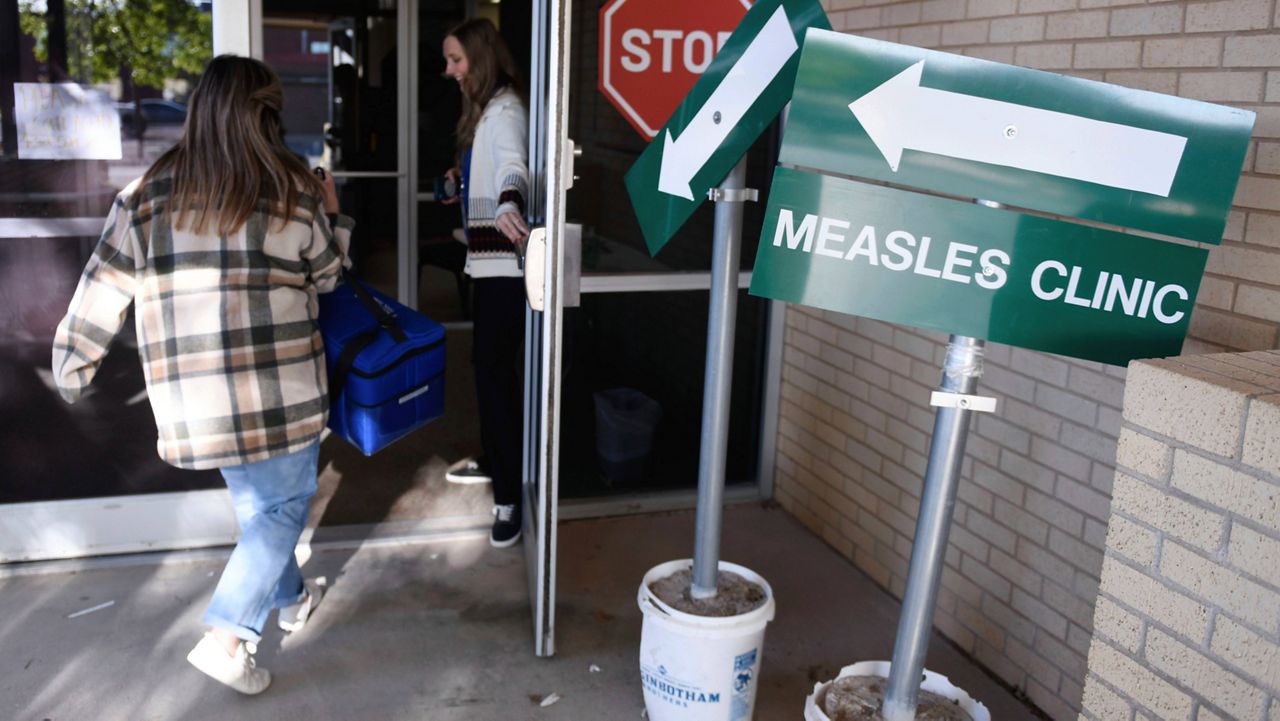CHAPEL HILLS, N.C. — Time feels like a thief when it takes the memories we make together. Dementia has certainly done that for families across North Carolina.
Cynthia Williams can attest to that herself when her family member strayed from home earlier this year.
Williams says her 95-year-old aunt, Mildred Farrar, suffers from dementia and lives with her in Chapel Hill.
“It's a debilitating disease, and you just have to love them like they are, but you can’t forget the past. You just deal with what is the here and now,” she said.
The roles are swapped. Williams now takes cares of Farrar after Farrar took care of her as a child. Williams knows her aunt is capable of roaming outside their home without her knowing.
It’s why there is now an ankle bracelet to track her every move. The device is called LifeTrack, and it’s sponsored by the Orange County Sheriff’s Office.
“It gives the family and caretakers a sense of peace,” deputy London Ivey said.
Ivey oversees the program, which was awarded a $6,000 grant last summer by the Alzheimer’s Foundation of America. He says 27 adults use the technology to keep up with loved ones.
The wristlet or anklet comes at no cost to families. Sheriff Charles Blackwood says most of the funding for the program comes from donations.
Williams says she is a certified nursing assistant who often sleeps during the day. In February, Williams says she was asleep after a long work shift when her aunt walked out of the house.
At the time, she wasn’t wearing anything to pinpoint where she was going. Williams says Farrar wandered only a few hundred yards from her home. She says it was enough to convince her to sign up for the program.
Ivey can locate a missing person, who is often a person dealing with severe memory loss, by pointing a scanner that looks more like a radar gun.
“When the person has the bracelet on, each individual is assigned their own frequency,” he said.
It’s a grown-up game of hot and cold with more serious ramifications. Before someone needs to be found, the deputy says it can offer families some relief.
“It gives these families peace of mind,” Ivey said.









